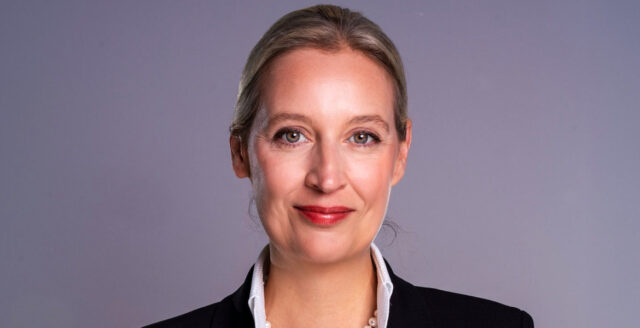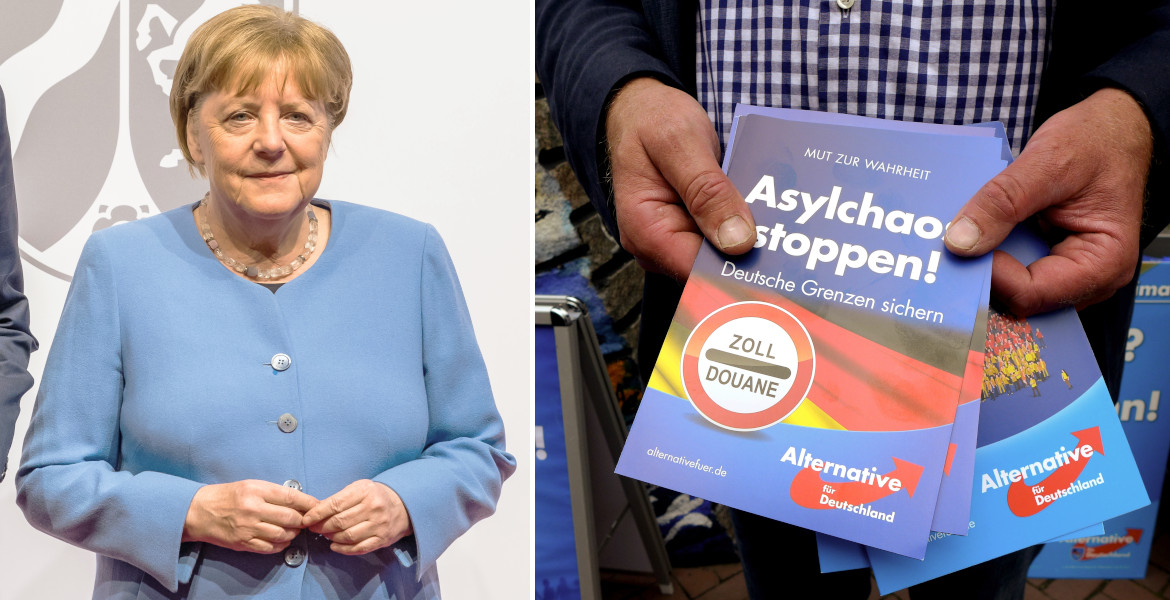In a new documentary, Germany's former Chancellor Angela Merkel admits that her borderless migration policy from 2015 onwards caused many Germans to abandon the establishment parties and instead turn to the nationalist Alternative for Germany.
Despite her migration policy having far-reaching negative consequences for the German people and society, Merkel emphasizes that she regrets nothing.
"Wir schaffen das" – we can do it. Angela Merkel's words from August 2015 became the symbol of Germany's borderless mass immigration policy when the country received nearly one million asylum seekers during a single autumn. The decision, which was made without broad political support, fundamentally changed German society according to many observers.
Now, nine years later, the former Chancellor is forced to admit in a documentary on the public service channel ARD that her policy also had major political consequences – and that many Germans abandoned the old established parties and instead sought alternatives that better represented their interests.
— Of course my decision caused people to join AfD. And in that way AfD definitely became stronger, says Merkel in the documentary.
"Major task"
The EU- and immigration-critical Alternative for Germany (AfD) today runs almost neck-and-neck with Merkel's own Christian Democratic CDU/CSU in opinion polls – a dramatic development that can be directly linked to the mass immigration wave of 2015 and the societal problems that followed.
Despite this, Merkel refuses to acknowledge any mistakes. In the documentary, she stubbornly defends both her policy and her controversial statement.
— It wasn't meant to express anything other than that we face a major task, she says about the infamous words "Wir schaffen das" – a promise that many Germans today consider naive, deceptive and detached from reality.
Stifled debate during Merkel's era
Under Merkel's leadership, Germany pursued perhaps Europe's most borderless immigration policy, while all criticism was systematically dismissed and opponents routinely labeled as "racists" and "Nazis" – a smear campaign strategy that remains common ten years later.
Germany also has some of the Western world's harshest laws regarding opinion crimes. People who publicly criticize immigration policy in strong terms risk substantial fines and prison sentences – an arrangement that free speech activists say has created a culture of self-censorship and fear of expressing what one really thinks about the consequences of immigration.
Despite more than one in five Germans today voting for AfD – and the party being largest in large parts of eastern Germany – its opponents still try to criminalize it by claiming its policies violate the German constitution.

Rhetorical shift
In recent years, Germany and several other European countries have drastically changed their rhetoric around migration. Talk of open hearts and boundless solidarity has been replaced by demands for stricter border controls and tougher asylum rules.
In practice, however, the tougher rhetoric has not resulted in any comprehensive change. Mass immigration continues, albeit at a somewhat lower pace, while promised large-scale deportation programs repeatedly get bogged down in bureaucratic processes without ever being realized.
In Sweden, for example, the current government often speaks of a migration policy "paradigm shift" – despite mass immigration continuing at historically high levels and Sweden receiving almost 100,000 migrants last year.
